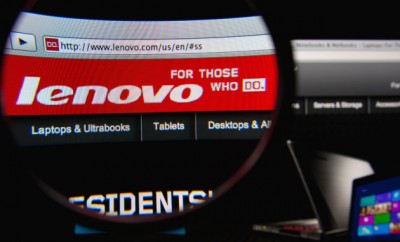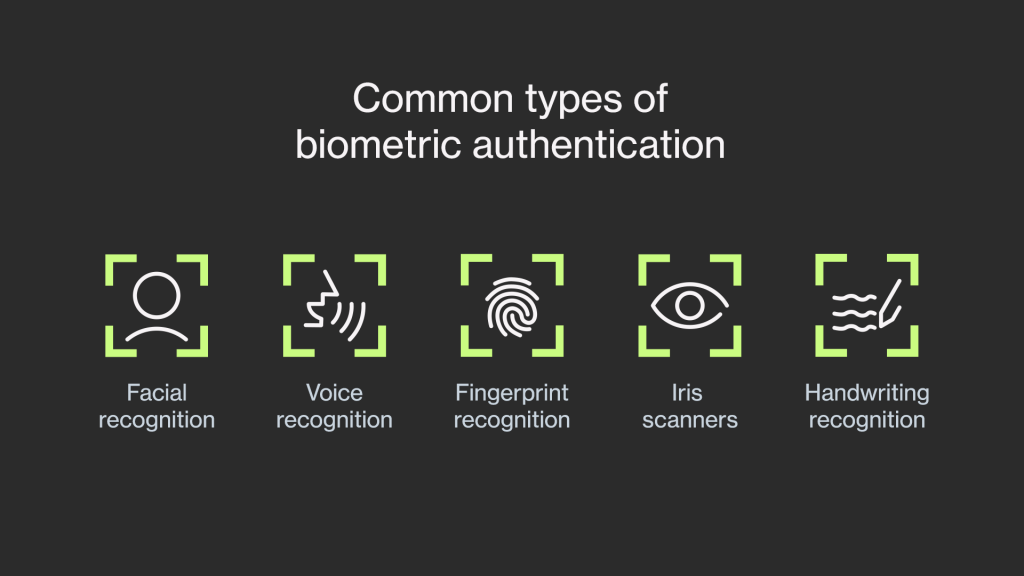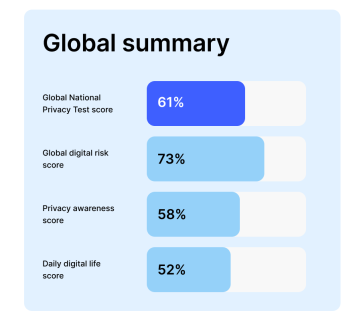Just days after computer maker Lenovo was served with a law suit for allowing the sale of laptops with controversial spyware that makes it easy for hackers to infiltrate, the Chinese manufacturer has now become a victim of cyber attack.
Following the attack, Lenovo lost control of their website for about 17 minutes where visitors to the page would be welcomed to a slideshow of youths singing to High School Musical’s song “Breaking Free”, according to the Verge.
After the said period, the site was then back to almost normal but experiencing HTML problems, where in a few occasions the song continued playing in the background. Only about one hour later was the site back to its normal self.
The attack has been associated with Lizard Squad, the same team that claimed responsibility for the massive Sony attack, as well as the recent ordeal with Facebook where the site was down for almost one hour but with Facebook officials saying it was just a system breakdown caused from the inside.
Lenovo believes the intentions for the attackers was to redirect traffic from their website as the attack was on its domain record, an attempt that would allow the hackers permission to redirect the url to a new server and take over control.
The attack follows a set of complains through a law suit on the computer maker for its pre-installed adware program dubbed Superfish that would allow people to remove an encryption, giving criminals a free pass to infiltrate data on random computers.
Lenovo apologized for the adware that caused several users their data and released a program fix to assist in the removal of the pre-installed software, in the hope to provide security for it’s user’s information and experience.
The website hack could have been as a result of the adware scandal, with someone wanting to prove a point being that there were many users who expressed their displeasure with the PC maker even after the fix tool was released.
Inspite of being told about the risks by security experts following the law suit, Lenovo said they were aware of the security risks surrounding the software and were developing a fix – beats the point of allowing sales only to wait for complaints to release the fix.





